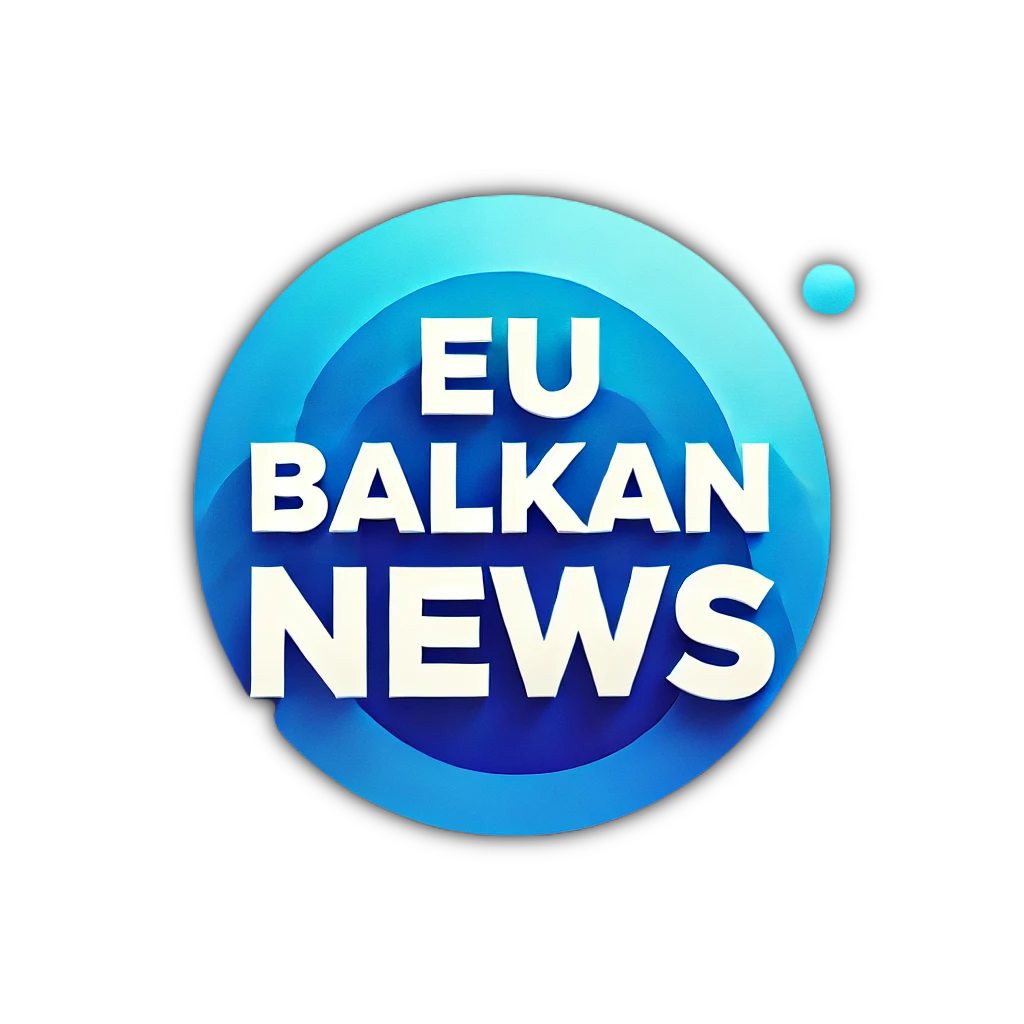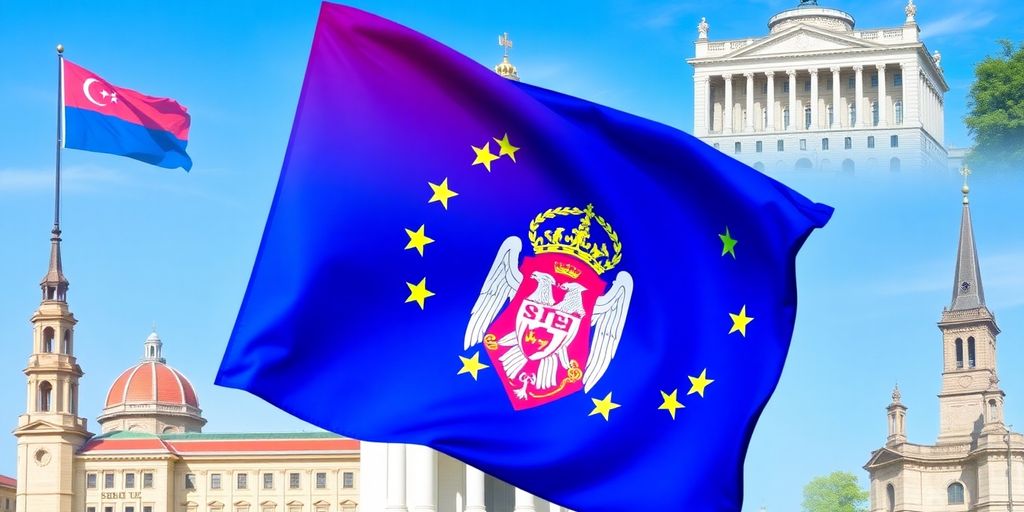Serbia’s aspirations for European Union (EU) integration are currently facing significant hurdles, highlighted by the recent cancellation of a crucial meeting intended to discuss the country’s progress in accession talks. The Serbian parliamentary delegation withdrew from the European Parliament meeting due to budgetary issues, raising concerns about the future of Serbia’s EU ambitions.
Key Takeaways
- Serbia’s parliamentary delegation canceled a key meeting on EU integration due to budget adoption issues.
- EU member states failed to agree on opening Cluster 3 in Serbia’s accession talks.
- Serbian officials emphasize the importance of civil society in the EU integration process.
- Former EU officials express optimism about Serbia’s chances for EU membership if reforms are prioritized.
Cancellation of Key Meeting
The Serbian parliamentary delegation’s decision to cancel its participation in the 16th European Union – Serbia Stabilisation and Association Parliamentary Committee (SAPC) meeting, scheduled for November 27-28, 2024, has raised eyebrows. The cancellation was attributed to the adoption of the budget law in Belgrade, which has created a ripple effect on Serbia’s EU integration discussions.
The meeting was expected to cover critical topics such as the state of accession negotiations, alignment with EU foreign policy, and the ongoing Belgrade-Pristina dialogue. The absence of Serbian representatives at this meeting underscores the challenges the country faces in its EU integration journey.
Stalled Progress on Cluster 3
In a related development, EU member state ambassadors were unable to reach a consensus on opening Cluster 3 in Serbia’s accession talks. Hungary’s proposal to advance this cluster was met with resistance from other member states, primarily due to Serbia’s lack of alignment with EU foreign policy, particularly regarding sanctions against Russia, as well as ongoing rule of law issues and tensions with Kosovo.
Serbian Foreign Minister Marko Djuric expressed determination to push for the opening of Cluster 3, emphasizing its potential to significantly alter Serbia’s geopolitical standing in the region. He stated, "We will fight for Serbia to open Cluster 3, which would change the rules of the game in the region."
The Role of Civil Society
Emanuele Giaufret, head of the EU Delegation to Serbia, highlighted the crucial role of civil society in the EU integration process. He noted that civil society organizations are essential for promoting democratic governance and the rule of law, which are vital for Serbia’s accession to the EU. Giaufret called for a consensus among Serbians regarding EU membership and emphasized the need for accelerated reforms to meet EU standards.
Optimism Amid Challenges
Despite the current setbacks, former EU officials, including Federica Mogherini, have expressed optimism about Serbia’s chances for EU membership. Mogherini pointed out that Serbia possesses the necessary prerequisites to seize the historic opportunity for EU integration. She stressed the importance of commitment to democracy, human rights, and the rule of law as essential components for successful accession.
Mogherini also noted that the EU’s readiness to support Serbia’s reforms is crucial for the integration process. She emphasized that the integration of Serbia into the EU would not only benefit the country but also enhance stability and economic growth in the region.
Looking Ahead
As Serbia navigates these challenges, the focus remains on rescheduling the SAPC meeting to early 2025, as indicated by Loucas Fourlas, Chair of the EP Delegation to the SAPC. The future of Serbia’s EU integration will depend on the government’s ability to address internal issues, align with EU policies, and foster a collaborative relationship with civil society.
In conclusion, while Serbia’s path to EU membership is fraught with obstacles, the commitment of its leaders and the active participation of civil society could pave the way for a more promising future in the European Union.
Sources
- Serbia cancels meeting on EU integration, N1.
- Djuric: We will fight for Serbia to open Cluster 3 in EU talks, tanjug.rs.
- Guaufret: Serbia at key crossroads for EU integration, civil society important, tanjug.rs.
- NIN.RS, NIN.rs.
- Fourlas to N1: We will do our best to reschedule EU-Serbia SAPC to beginning of 2025, N1.

